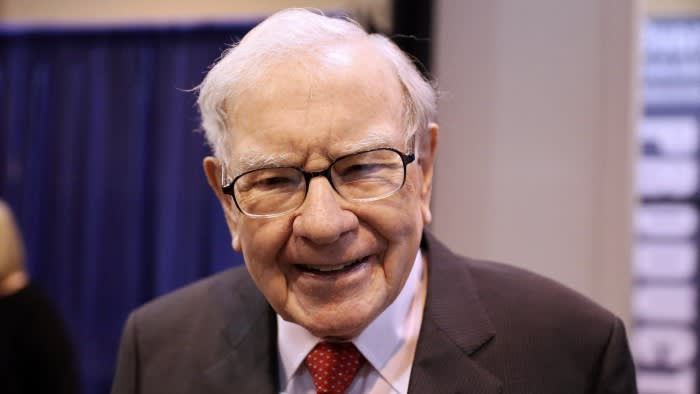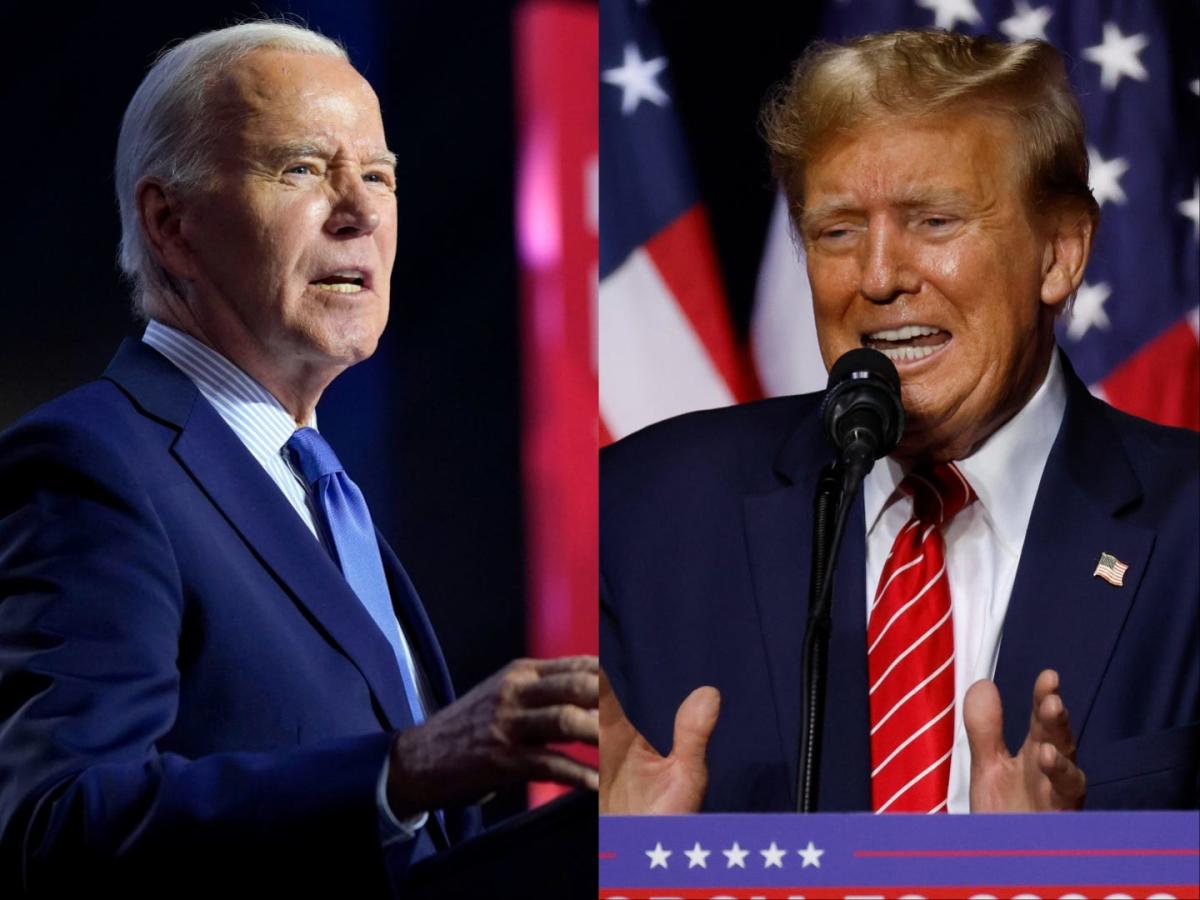Warren Buffett has warned Berkshire Hathaway shareholders that his sprawling $905bn conglomerate has virtually “no possibility of eye-popping performance” in the years ahead, laying bare the challenges that will confront his successors.
The so-called Oracle of Omaha said in his annual letter on Saturday that there were very few deals that offer the kind of transformative impact past takeovers have had, such as its purchases of insurers Geico and National Indemnity or the BNSF railroad.
“There remain only a handful of companies in this country capable of truly moving the needle at Berkshire, and they have been endlessly picked over by us and by others,” he said. “Outside the US, there are essentially no candidates that are meaningful options for capital deployment at Berkshire.”
It is a problem that Buffett has been staring down for almost a decade as the growth of Berkshire’s operations and cash levels have compounded.
The company spent billions of dollars acquiring truck-stop operator Pilot Flying J and insurance conglomerate Alleghany in recent years, adding them to a portfolio that includes ice cream purveyor Dairy Queen and utility behemoth Berkshire Hathaway Energy.
But those outlays put only a small dent in Berkshire’s cash pile, which continues to climb. It hit a record $167.6bn at the end of 2023, up $39bn over the course of the year.
“Size did us in, though increased competition for purchases was also a factor,” Buffett said. “For a while, we had an abundance of candidates to evaluate. If I missed one — and I missed plenty — another always came along. Those days are long behind us.”
The 93-year-old Buffett, who lost his longtime investment partner Charlie Munger last year, said Berkshire should continue to “do a bit better” than the average US company “and, more important, should also operate with materially less risk of permanent loss of capital”.
He added: “Anything beyond ‘slightly better’, though, is wishful thinking.”
The passing of Berkshire’s acerbic vice-chair has turned investors’ attention towards the company’s prospects without Buffett at its helm. Greg Abel, Buffett’s anointed successor, and Todd Combs and Ted Weschler, his investment deputies, are lined up to steer the giant.
They have a tough act to follow. Since 1964, Berkshire shares have returned 4.4mn per cent, far outstripping the 31,233 per cent gain by the benchmark S&P 500.
Buffett’s letters, along with his comments at annual meetings and hundreds of interviews over the years, form a quasi-handbook for the people who will one day sit atop Berkshire and the board that will govern it.
On Saturday he emphasised that the “extreme fiscal conservatism” that has long been a guiding principle of the conglomerate would undoubtedly persist.
“One investment rule at Berkshire has not and will not change: never risk permanent loss of capital,” he wrote. “Thanks to the American tailwind and the power of compound interest, the arena in which we operate has been — and will be — rewarding if you make a couple of good decisions during a lifetime and avoid serious mistakes.”
He added that Berkshire would continue to pounce on opportunities when they present themselves, as the company did in early 2022 when it ploughed more than $50bn into stocks as the market sold off.
“Panics won’t happen often — but they will happen,” he said. “Berkshire’s ability to immediately respond to market seizures with both huge sums and certainty of performance may offer us an occasional large-scale opportunity.”
However, the company faces much stiffer competition than it did at the turn of the century, when private equity had far less firepower. Buffett has complained of stretched valuations as markets hit records and buyout shops paid ever higher multiples to clinch takeovers. In those periods, Berkshire largely sat on its hands.
Berkshire has become a big investor in its own shares and routinely turns to buybacks when it cannot find appealing investments in public markets. The company said it bought back $2.2bn worth of its stock in the fourth quarter, taking its total for the year above $9bn.
Buffett also used his letter to memorialise Munger as the architect of the modern-day Berkshire Hathaway, describing the 99-year-old’s relationship to him as “part older brother, part loving father”.
“In the physical world, great buildings are linked to their architect while those who had poured the concrete or installed the windows are soon forgotten,” Buffett said. “Berkshire has become a great company. Though I have long been in charge of the construction crew, Charlie should forever be credited with being the architect.”
Munger was instrumental in shifting Buffett’s investing approach, helping him to pivot away from a “cigar-butt” investment style: buying low-priced stocks that might have the equivalent of only one more good puff left. Searching out bargains was a style Buffett had learnt under the tutelage of investment great Benjamin Graham, the father of value investing.
With Munger’s encouragement he began investing instead in fairly-priced but well-run businesses.
“Charlie became my partner in running Berkshire and repeatedly jerked me back to sanity when my old habits surfaced,” Buffett said.
“Until his death, he continued in this role and together we, along with those who early on invested with us, ended up far better off than Charlie and I had ever dreamed possible.”

Jessica Roberts is a seasoned business writer who deciphers the intricacies of the corporate world. With a focus on finance and entrepreneurship, she provides readers with valuable insights into market trends, startup innovations, and economic developments.






/cdn.vox-cdn.com/uploads/chorus_asset/file/20073263/Untitled.png)